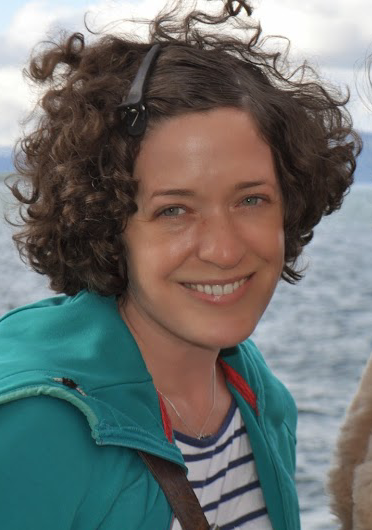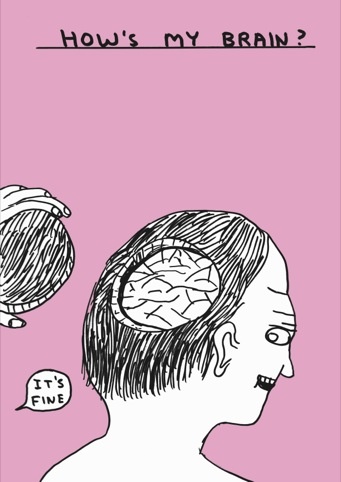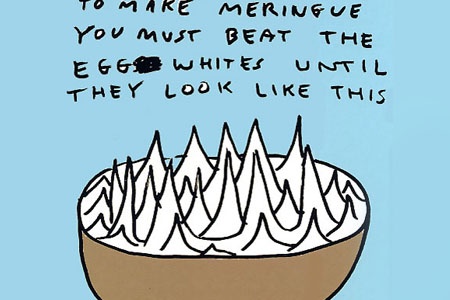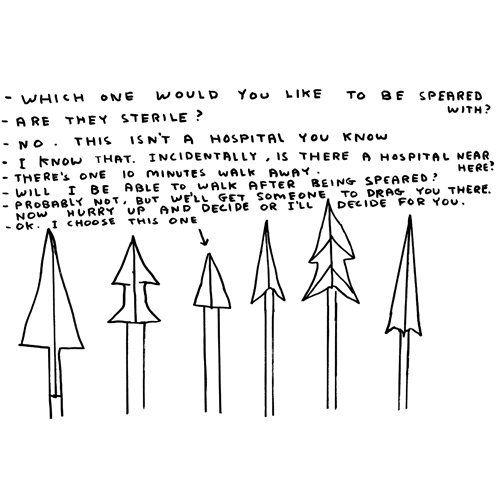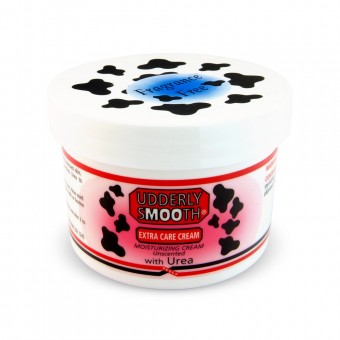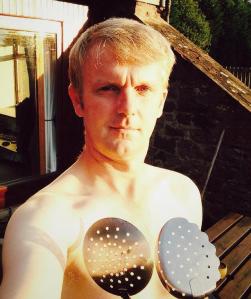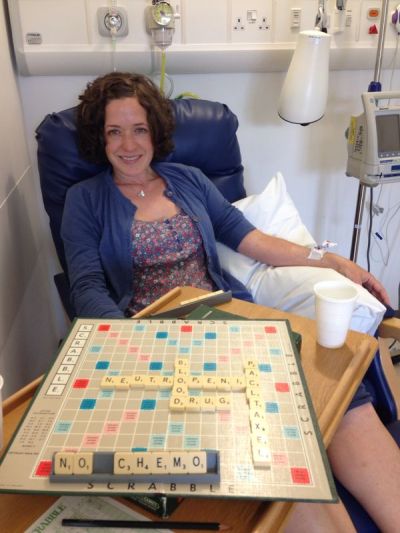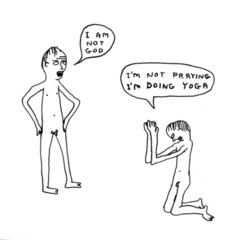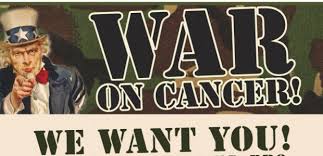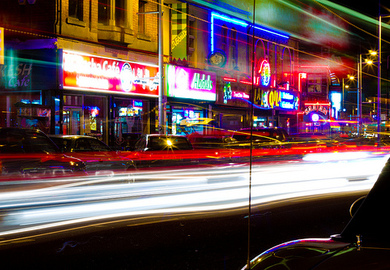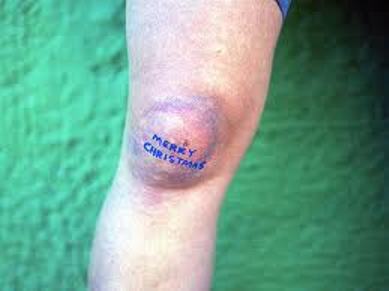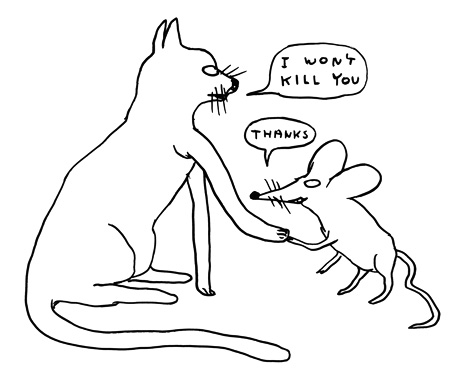A lot has happened since my last update and aside from appearing in the Manchester Evening news, I’ve been keeping a very low profile.
The disease which until now has been ‘low-volume’ and asymptomatic has suddenly turned aggressive, causing all sorts of hideous side effects like breathing difficulties; bowel issues and oedema. Lymphangitis is affecting my lung function, which means I now require oxygen 24/7 and my liver function is so poor that chemotherapy is no longer an option.
These new symptoms resulted in me being admitted to the Christie on Easter Monday where I spent around 10 days. I was finally discharged last Friday and ambulanced up to Scotland where I’m resting and recuperating at my parents. Don’t get me wrong, treatment at the Christie is 5 star, but the views here in Glenfarg are infinitely more therapeutic.
The past few weeks have been the toughest I’ve ever endured. In the space of a couple of months, I’ve gone from tramping over hill and dale, to barely being able to walk a few hundred metres unaided. It’s been quite a lot to get my head around, hence why I’ve been keeping a low profile.
Treatment wise I’m really scraping the barrel now. As a last ditch attempt to buy more time I’ve been put on two different hormone therapies, Letrozole and Faslodex. The cancer cells occupying my body seem to be resistant to most drugs, but I’m hoping that these bad-boys will get me back on an even keel, or at least stable enough to get to Germany.
You might have noticed a sudden flurry of activity on the fundraising front. If not HERE IS THE LINK!! This is the work of my amazing friends and family, who are doing everything they can to raise the funds to get me to the Hallwang clinic in Germany.
As I explained in my last post, Germany has one of the highest cancer survival rates in Europe. Their clinics offer a more integrative approach along with a wider variety of treatments and off-label drugs than the UK. The treatments I’m hoping to have there include Peptide Cell Vaccines and Immunotherapy.
If I’m well enough for the journey, I’m hoping to fly out to the Hallwang clinic next Sunday, for a face to face consultation. The majority of the cost is for Peptide Cell Vaccinations. Then if the tumour analysis throws up specific mutations (as I hope it does), the next phase of treatment will include treatment with Immunotherapy drugs (immune checkpoint blockers). If I’m happy with everything and providing I reach my fundraising target, the plan is to stay on at the clinic and proceed with the first stage of treatment.
So far we’ve raised around £10,000 via generous donations and ticket sales from the Charity Ceilidh. There’s still a long way to go to reach the £40,000 target but I know with your help, we can smash it.
The ceilidh in Manchester looks like it’s going to be both an amazing night and a sell out. A night not to be missed! There are some incredible raffle prizes on offer on the night including a Backpacker Tour of Scotland; Protected Species Rainwear; Champagne; Tickets for Paul Heaton & Jacqui Abbot at Delamere Forest; a Unicorn Organic Food Hamper; and vouchers for Beardmore salon in Manchester amongst many other fantastic prizes. And I promise there won’t be a bottle of Blue Nun in sight!
As well as the ceilidh, there are many more fundraising events in the pipeline. Friends are running marathons and Tough Mudders and there are bake sales a plenty!
I don’t like being the centre of attention, so it’s taken a lot of courage for me to ask for your help. The ceilidh has been on the cards for about a year. It’s taken that long for me to agree! I just wish I hadn’t let things get to this stage, before asking for help. Every day is precious to me now and the pressure is on to get me to Germany as soon as possible.
It’s been incredibly difficult few weeks but I’ve been surrounded by people that love and care for me. They’ve shielded me from the outside world, made me feel okay about getting in a wheelchair, helped me get dressed in the morning, brought me treats in hospital and rubbed my swollen puffy feet, every day!
I’d be so grateful if you could contribute to MY FUNDRAISER and share it with everyone you know, so I can repay the people that have given so selflessly to me over the last few weeks. I’ve got a lot of foot-rubs stacking up!
With much love and gratitude, Kath xxx
PS. Finally I’d like to apologise for not keeping everyone in the loop over recent weeks, but it’s been an incredibly difficult time for me and my loved ones. Even sending a text uses up more energy than I have to spare. Please be patient as I’m not able to reply or update everyone individually. Knowing that you care is enough x

